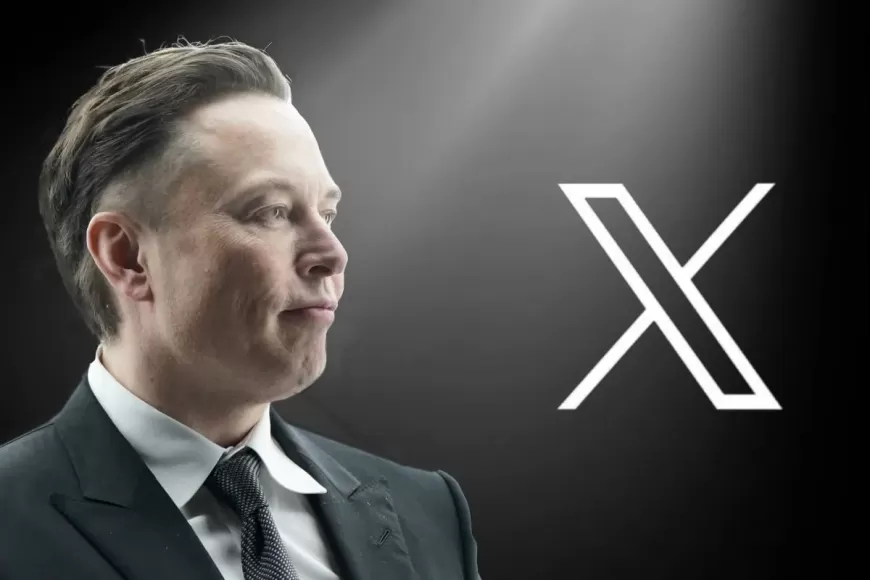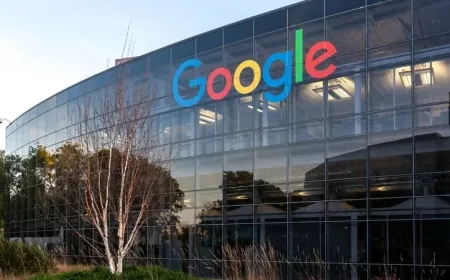Social Media Platform X Shuts Down Operations in Brazil Over Legal Dispute
Censorship allegations and legal pressure lead to the closure of X's Brazil operations, though services remain active for users

Social media platform X, owned by billionaire Elon Musk, has announced an immediate shutdown of its operations in Brazil. This decision follows a legal dispute with a Brazilian Supreme Court judge, Alexandre de Moraes, whom X accuses of issuing censorship orders.
The platform claims that Judge Moraes secretly threatened one of its legal representatives with arrest if X didn’t comply with a demand to remove specific content from its platform. Despite this, X’s services will remain accessible to users in Brazil, even as the company ceases its official operations in the country.
What’s Behind the Legal Dispute?
This legal conflict began earlier in the year when Judge Moraes ordered X to block several accounts accused of spreading misinformation and hate speech, particularly linked to "digital militias" that were active during former President Jair Bolsonaro's administration.
These "digital militias" have been associated with spreading misleading information and contributing to a toxic online environment. Moraes has been actively working to curb this by targeting accounts he believes are fueling division and unrest in the country.
Elon Musk, who is known for championing free speech, has publicly criticized these rulings, calling them unconstitutional. This has put X in a tricky spot, as the company must balance its commitment to free expression with its legal obligations in countries like Brazil.
X’s Response to Legal Pressure
Musk initially resisted the court’s rulings, stating that he would reinstate the blocked accounts. However, after further legal developments, X’s representatives informed Brazil’s Supreme Court that the platform would comply with the judicial orders.
X also explained that technical issues were to blame for its failure to fully block certain accounts, claiming that operational faults allowed some users to remain active on the platform even after the court ordered their removal.
This ongoing pressure eventually led X to the decision to close its Brazilian operations. By doing so, the company hopes to avoid further complications while maintaining a presence for users who rely on the platform.
What Does This Mean for Brazilians Using X?
Despite the shutdown of its official offices, Brazilian users can still access X. In the short term, not much may change for the average user, but without local support, X might face challenges in handling future legal issues in the country.
This decision also raises concerns about the platform's long-term future in Brazil. With no local team to manage day-to-day operations or deal with legal requirements, it's uncertain how X will navigate Brazil’s complex legal landscape moving forward.
How Is This Part of a Larger Debate?
This situation in Brazil reflects a broader conversation happening worldwide about the role of social media in modern society. Many governments are grappling with how to manage harmful content online without infringing on freedom of speech. In Brazil, where fake news and online hate speech have had significant political consequences, the issue is particularly pressing.
Musk’s vision for X emphasizes minimal content moderation, which he believes aligns with free speech principles. However, this approach has caused friction with governments like Brazil’s, where courts are pushing for stronger regulations to prevent the spread of harmful content.
What’s Next for Social Media Companies?
This case may set a precedent for how tech companies handle legal disputes in countries that impose strict regulations on online content. Other companies could face similar challenges as governments around the world introduce more laws to control digital platforms.
For X, the future in Brazil is uncertain. While the platform remains active, the absence of a local presence could make it more vulnerable to legal challenges. As governments continue to take a hard stance on regulating online content, tech companies must find ways to comply with local laws while maintaining their global operations.
The outcome of these ongoing disputes will shape the future of social media, potentially influencing how platforms are run and what kind of content can be shared online.
Also Read: Elon Musk Proposes Role in Trump Administration During Virtual Discussion

































































